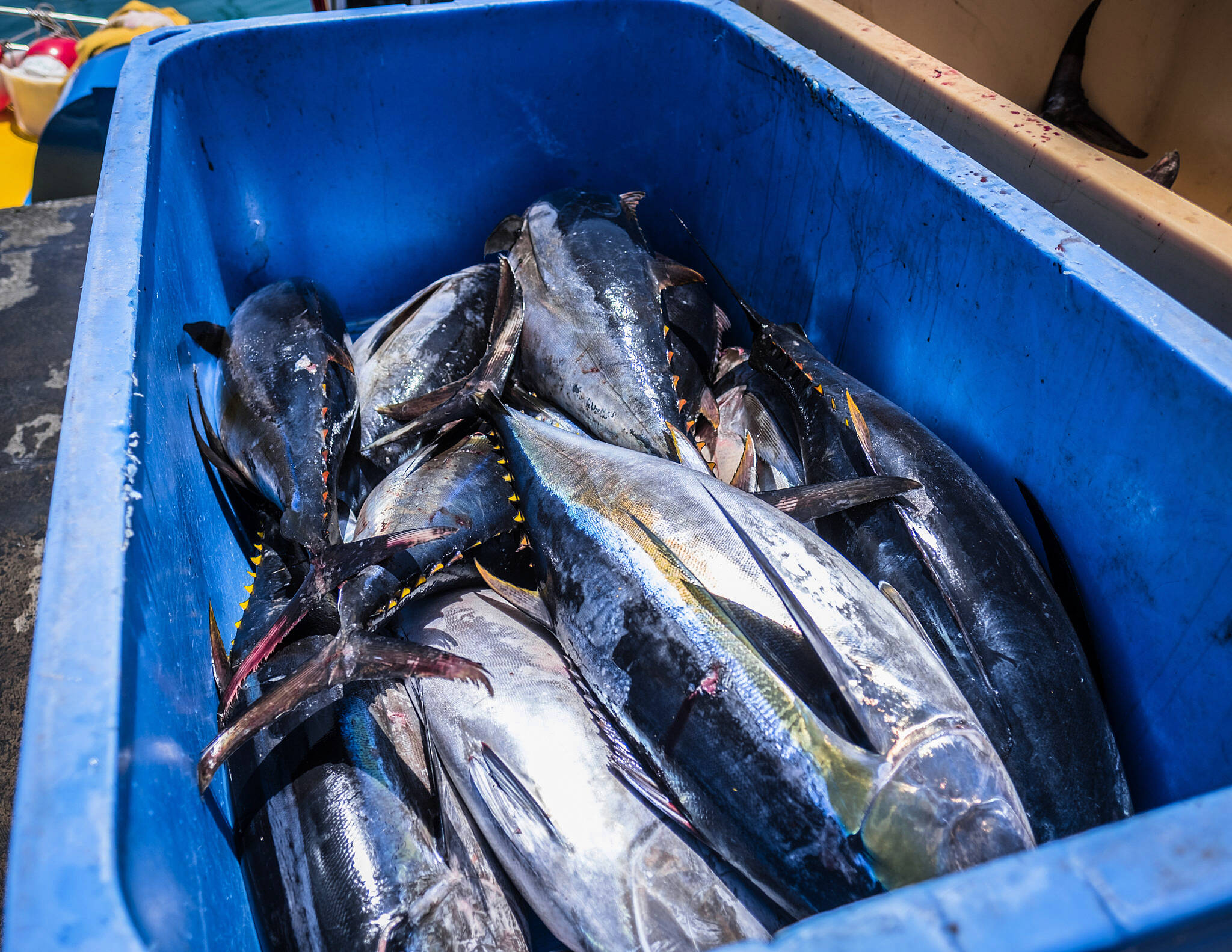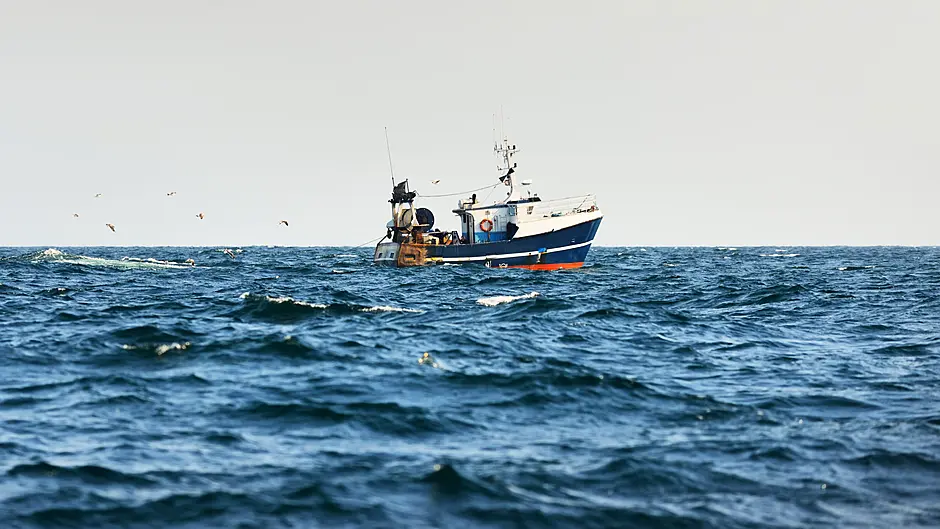THE National Inshore Fishermen’s Association (Nifa) has warned the industry is doomed without urgent supports from government, as members are struggling to survive a crippling financial situtation.
Nifa has 150 members, who between them operate over 200 inshore fishing vessels.
Ireland’s inshore sector in total approximately 2,000 inshore and accounts for around 95% of Irish fishing fleet, almost all work within 12 nautical miles of shoreline.
Representatives of Nifa, including West Cork fisherman Michael Desmond, took their pleas to Leinster House last week, appearing before the Joint Oireachtas Committee on Agriculture, Food, and the Marine. Mr Desmond said the inshore sector is integral to Irish coastal communities but has been badly battered by Covid, Brexit, and the war in Ukraine.
The collapse of prices in the shellfish market and the decision to make pollock a bycatch only species in the EU December Council Meeting has left fishermen in need of immediate grant aid, Nifa says.
‘We’re delegating our survival into the hands of this committee,’ Mr Desmond said at the Oireachtas committee. ‘We do not have an income.
‘There’s crewman depending us. Forget about playing a mortgage: we can’t pay a household bill.’
He said farming sector got deserved payments when they needed assistance but ‘we have nothing when our income disappears. Unless something is done with subsidies this is a whole rural sector that is going to be disappear in the next few years.’
Nifa called for a continuity grant set at 25% of yearly income from fishing to be approved.
‘We need financial subsidies for inshore immediately so that our members amongst others can play their part, stay afloat,d and weather the storm, otherwise hundreds of primarily producers will be unable to continue within the industry,’ Nifa director John Mennary said.
Nifa has also called for access to bluefin quotas to be introduced for Irish fishermen. Bluefin tuna were not a regular feature off the Irish coastline until recent decades.
 An Irish quota for bluefin tuna could help ease pressure on the sector, says Nifa. (Photo: Shutterstock)
An Irish quota for bluefin tuna could help ease pressure on the sector, says Nifa. (Photo: Shutterstock)
‘Bluefin tuna are swimming up and down our coastline, with no Irish fishermen able to benefit due to lack of quota. We would urge the minister to fight for an Irish quota for this species. because of its high value it has the potential to alleviate the problems faced by inshore to some extent,’ said Mr Desmond.
‘Currently fishing vessel from the far southern hemisphere are travelling to our waters to fish these stock.’
Nifa director John Menarry said that a bluefin tuna quota would mean the fleet diversifying in a positive way.
‘By directing some of the fleet in another direction it takes the pressure of those left behind.’
Mr Redmond said shrimp vital to West Cork fishermen, saying the area has more shrimp fishermen than anywhere else in the country. Shorter shrimp fishing seasons in the past two years and the collapse of prices in the shrimp sector has families ‘in a very vulnerable situation’, he said.
He said in West Cork, a lot of processors have continued to buy the shrimp but the prices came down four times from May to September in 2023. He said prices should reach their height around Christmas, it shrimp was not being bought at all. Meanwhile the issue of Marine Protected Areas (MPAs) is also a concern for the inshore sector, with a vision for 30% of Ireland’s coast to become MPAs.
While not opposed to MPAs, they believe they have to be implemented based on scientific and environmental evidence, and with the concerns of the sector addressed.
‘MPAs are coming, whether we like it or not. But they can’t be brought in just for the sake of it,’ John Mennary told the Oireachtas committee. ‘They have to talk to stakeholders before they do anything.’









